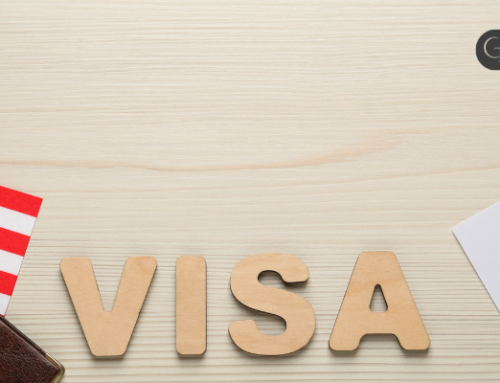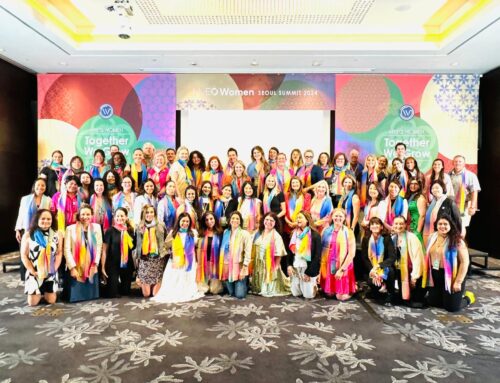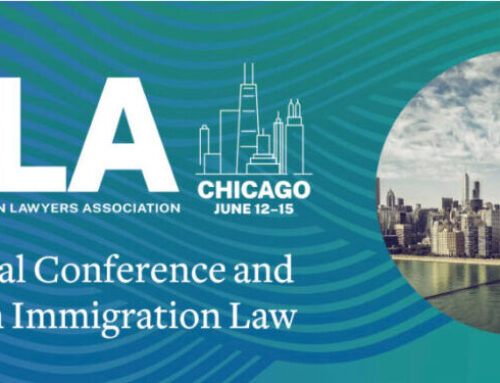Effective May 22, 2024, USCIS is updating its guidance on family-based immigrant visa petitions. This includes the handling of Form I-130 (Petition for Alien Relative) and, in certain cases, family-based Form I-360 (Petition for Amerasian, Widow(er), or Special Immigrant). Here’s what you need to know about the new procedures:
Key Updates
- Handling Approval Notice Errors and Requests:
- USCIS has streamlined the process for correcting errors on approval notices.
- Clear guidelines are provided for handling requests for consular processing or adjustment of status on the beneficiary’s behalf.
- New routing procedures for approved petitions are established.
- Importance of Accurate Information:
- When submitting Form I-130, you must inform USCIS of the beneficiary’s current address.
- Specify whether the beneficiary prefers consular processing with the Department of State National Visa Center (NVC) or adjustment of status in the U.S., if eligible.
- Accurate information is crucial. Inaccuracies can delay the visa or adjustment of status process.
- Consequences of Inaccurate Information:
- If the information provided is inaccurate, USCIS might keep the petition unnecessarily.
- Generally, you’ll need to file Form I-824 (Application for Action on an Approved Application or Petition) with the required fee to transfer the petition to the NVC.
New Procedures for Clarity
Previously, if it was unclear whether the beneficiary preferred adjustment of status or consular processing, USCIS would keep the approved petition. The new update clarifies these procedures to promote efficient processing:
- Discretion in Handling Petitions:
- If it’s not clear whether the beneficiary wants consular processing or adjustment of status, USCIS will decide based on the beneficiary’s most recent location.
- They will use the beneficiary’s address on the petition as evidence to make this decision.
How to Update Information
If you need to correct an error or update a pending or approved Form I-130, follow these steps:
- Contact USCIS:
- Update the beneficiary’s location.
- Clearly indicate the preference for consular processing or adjustment of status.
Decision-Making Guidance
The updated guidance also covers the criteria for approving or denying family-based immigrant petitions and includes relevant notices to ensure petitioners are well-informed.
Conclusion
These updates aim to make the family-based immigration petition process smoother and more efficient. Accurate information and clear communication with USCIS are essential to avoid delays and ensure your petition is processed correctly. If you have any questions or need assistance, please contact Garvish Immigration Law Group for expert guidance and support.
About the Author
Elizabeth Garvish
Elizabeth L.A. Garvish founded Garvish Immigration Law Group, LLC in 2011 after practicing immigration law in small boutique firms, big law and nonprofits. Elizabeth is a frequent speaker and presenter on entrepreneurship and U.S. immigration topics around the world. She is an active member of the American Immigration Lawyers Association (AILA) and serves on various national committees and is the Past Chair of the Georgia-Alabama Chapter of AILA. Elizabeth is also a certified member of the EO Global Speakers Academy.







